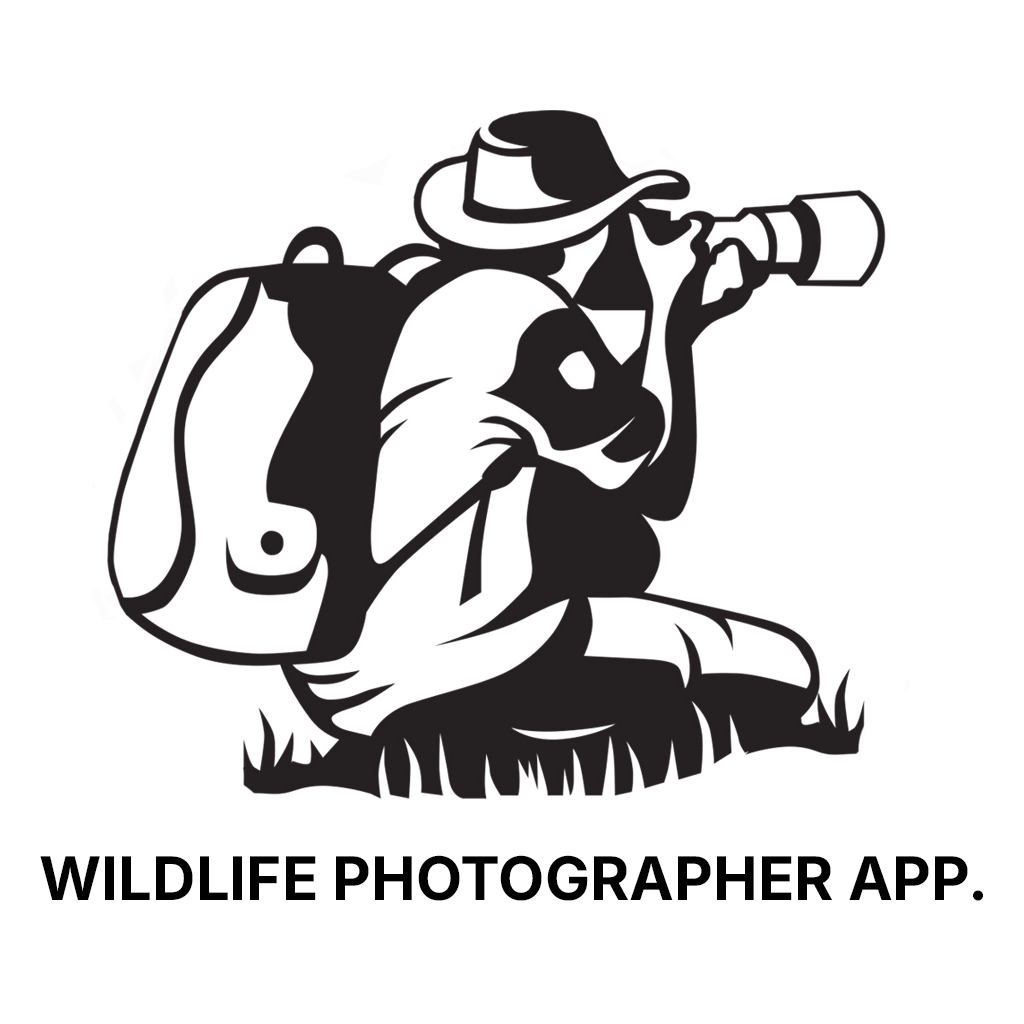Your wildlife photography guide.
Explore the asiatic cheetah in detail, study its behavior, prepare your shots.
Where to observe and photograph the asiatic cheetah in the wild
Learn where and when to spot the asiatic cheetah in the wild, how to identify the species based on distinctive features, and what natural environments it inhabits. The WildlifePhotographer app offers tailored photography tips that reflect the asiatic cheetah’s behavior, helping you capture better wildlife images. Explore the full species profile for key information including description, habitat, active periods, and approach techniques.
Asiatic Cheetah
Scientific name: Acinonyx jubatus venaticus

IUCN Status: Critically Endangered
Family: FELIDAE
Group: Mammals
Sensitivity to human approach: Shy
Minimum approach distance: 50 m
Rut period: November to January
Gestation: 90-98 jours
Births: February to May
Habitat:
Deserts, steppes, savannas
Activity period :
Active at dawn and dusk, ideal moments for observation.
Identification and description:
The Asiatic cheetah, or Iranian cheetah, is a rare subspecies of cheetah primarily found in Iran. It is distinguished by its tawny coat with black spots and its slender, speed-adapted body. This feline is a symbol of Iranian wildlife but is critically endangered due to habitat loss, hunting, and a decrease in natural prey. Conservation efforts focus on habitat protection and raising awareness among local communities. The Asiatic cheetah is a diurnal hunter, using its incredible speed to catch prey such as gazelles and hares.
Recommended lens:
400 mm – adjust based on distance, desired framing (portrait or habitat), and approach conditions.
Photography tips:
To photograph the Asiatic cheetah, it is essential to use a telephoto lens of at least 400mm to capture detailed images from a distance. Avoid getting too close to prevent disturbing it. Opt for early morning or late afternoon hours to benefit from soft, natural light. Be patient and discreet, as this feline is very shy. Use a tripod to stabilize your camera and achieve sharp images.
From knowledge to field practice
A species profile helps you understand an animal. In the field, the challenge is often different. Remembering your own observations.
The WildlifePhotographer app allows you to:
• record your personal observations
• note locations, dates, and behaviors
• revisit your field references over time
• build a private and long-term field logbook
The app does not provide observation locations.
It helps you organize what you actually observe, with respect for wildlife.

